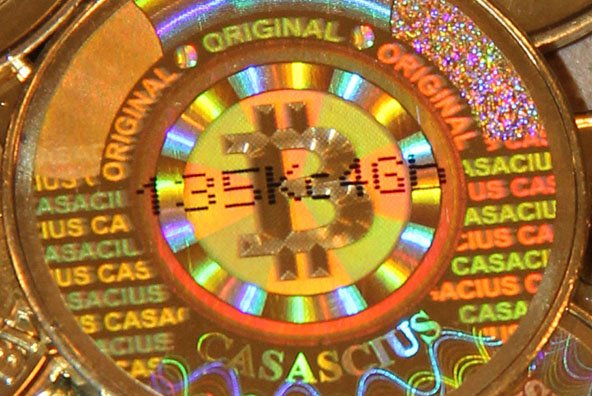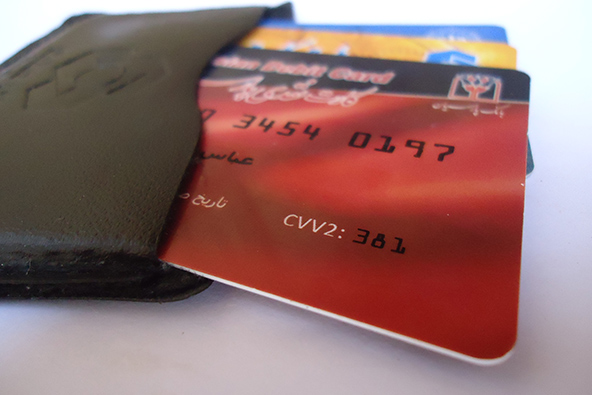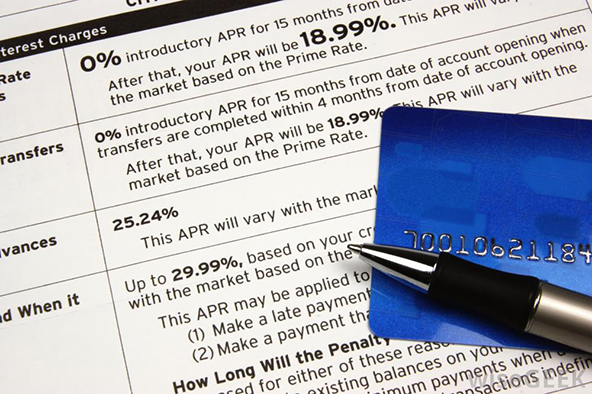The Alternative of Alternative Payment Options

I’ve written quite a bit about Bitcoin over the past month or so, but I thought I’d touch on something I’ve barely glanced over in my previous posts. My interest has so far been primarily focused on Bitcoin’s viability as a currency and the allure its chargeback-free promise presents to certain types of very high-risk e-commerce merchants. But then I realized that by placing all of their hopes on the magical powers of the new digital currency, said merchants would very likely end up significantly worsening their payment acceptance prospects, without enjoying any of the hoped-for benefits.
See, as I already noted in my previous Bitcoin post, one of the most vigorously touted advantages of the digital currency is the irreversibility of its transactions — once a payment is completed, it cannot be undone. Hence, there cannot be anything as insidious as the chargebacks that plague the world of credit card transactions. Of course, as I already explained, this is wishful thinking. What I didn’t emphasize as strongly as I should have, however, is that any belief in such a quack medicine distracts a merchant’s attention from what it really should be focusing on: ensuring that customers are satisfied with the service they receive. Leaving a consumer with no recourse against a merchant providing bad service is the best way to ensure the merchant’s swift demise. Instead of looking for non-existent alternative payment solutions, businesses should be focusing on the things that really matter, which, in turn, would enable them to keep their old-fashioned merchant accounts in good shape. But let’s go over this a bit more slowly.
Why Do Merchants Get in Trouble?
So we know that there are industries, which are considered high-risk and are therefore treated by payment processors with much caution. Why is that? Well, there are two main reasons. The first possibility is unfavorable legal environment. A case in point is online gambling, which the American authorities are unwilling to tolerate and have demonstrated firm resolve to go to great lengths to make their position clear. Yet, online casinos do exist, as a quick Google search would tell you, which means that other jurisdictions are perfectly fine with gambling sites.
The second main reason why an industry would be considered high-risk is that it has historically generated high ratios of charged-back transactions. Now, this is an issue that is much more difficult to deal with. Switching jurisdictions will only offer short-term help, if any at all. The thing is that, whereas there exist acquirers which would tolerate significantly higher chargeback rates than, say, mainstream U.S.-based acquirers, if the underlying issues that cause the chargebacks are not resolved, even those higher thresholds would not be high enough. The trouble is that dealing with these issues is often easier said than done. In my experience, the most intractable chargeback cases have involved merchants whose high-risk designation has existed, relatedly or otherwise, in tandem with a high average transaction amount. The problem is that, if your average ticket is, say, $3,000, even if your monthly processing volume is a respectable $300,000, it would still take only one charged-back payment to take your chargeback ratio to one percent. Now, in theory, there needs to be a certain minimum number of charged-back transactions, in addition to a high ratio, for a merchant to get in trouble with Visa and MasterCard, but in the real world your processor would keep its focus firmly on the ratio. Note that in my example, a second charged-back transaction would take your ratio to two percent, at which point you’d be in big trouble. And this is not as hypothetical a case as it may sound — I get contacted by such merchants all the time. So what should you do?
The Alternative of Alternative Payment Options
Once again, the solution to your high-risk designation will not be switching to Bitcoin or some other virtual currency, even in the unlikely event that one or more of these cyber money do manage to gain traction, for the simple reason that the processors of these currencies would eventually be forced to adopt chargeback rules similar to the ones governing credit card transactions. Instead, you should be focusing on the real issue — customer dissatisfaction. The surest way to obviate chargebacks is to institute a no-questions-asked return policy and issue immediate refunds. Yes, that would mean that customers would often abuse your generosity, but taking such a small financial loss is far preferable to losing your merchant account altogether. I am yet to see a merchant selling small-ticket items who has adopted such policies and has still managed to run into chargeback troubles, irrespective of the industry.
OK, I already hear loud protests from merchants like the one of my own $3,000-per-item example. Parsing those protests, I hear the following two arguments:
- If I started issuing no-questions-asked refunds, everyone would ask for one! Well, that is not what experience indicates. People, it turns out, don’t like to spend large amounts on things they don’t need, even if there is the option of easily getting their money back, should they choose to ask for it. If your product is good, refund requests will be tolerably few and far between. If, on the other hand, the quality of your offering is low, well, you do indeed have a big problem, but it is one which has nothing to do with payment processing.
- Even if I did what you asked, it would still only take a couple of chargebacks to get me in trouble. Yes, that is correct, but if you did what I suggested, initiating chargebacks would be close to impossible. Remember, only legitimate disputes can result in chargebacks. When your customer contacts her card issuer to complain about a given transaction, the issuer’s first question will be whether she had attempted to resolve the dispute with the merchant directly. If the answer is “no”, the issuer will put the consumer in touch with the merchant or will contact the merchant directly. Once the issuer finds out that the merchant has a no-questions-asked return and refund policy, it will direct its cardholder to go through the process and a chargeback will never be initiated.
Issuing refunds is never fun, but it beats the alternative.
The Takeaway
Bitcoin is not, and will never be, a viable alternative payment option for businesses having trouble getting and keeping traditional merchant accounts. The only long-term solution is finding a way to keep customers satisfied and if you can’t do that, you won’t stay in business for long, whatever method of payment you may accept. If, on the other hand, you demonstrate that customer satisfaction is your top priority, there will always be a payment processor willing to offer you service on good terms, whether your business is classified as high-risk or not.
Image credit: Wikimedia Commons.


